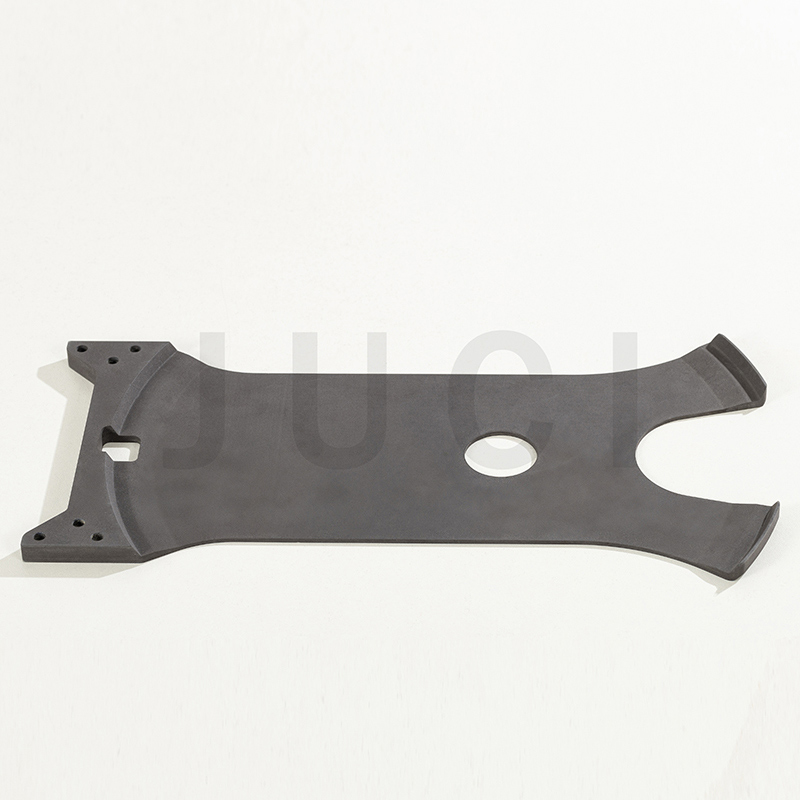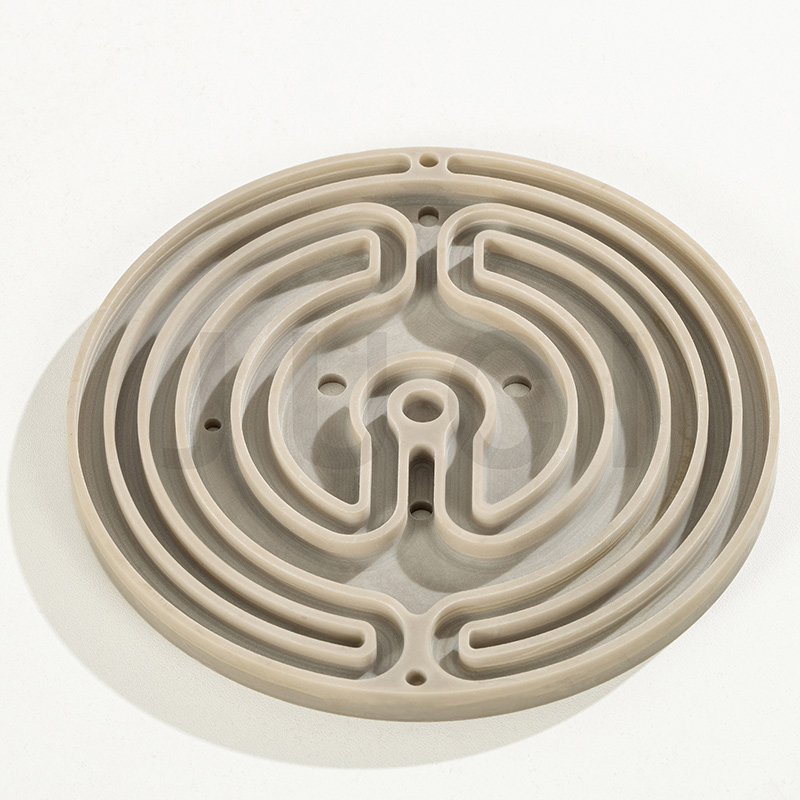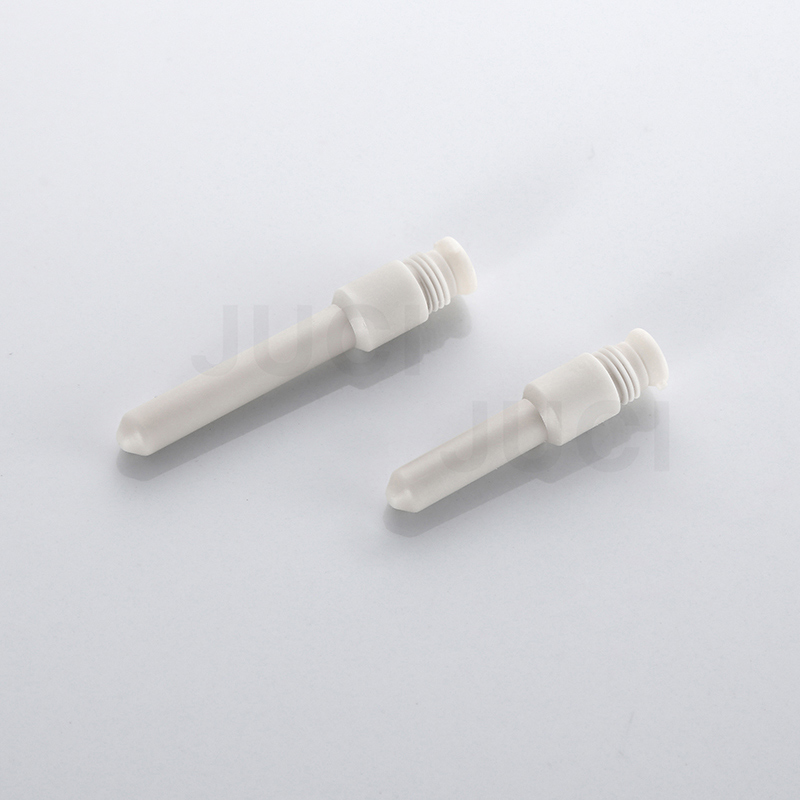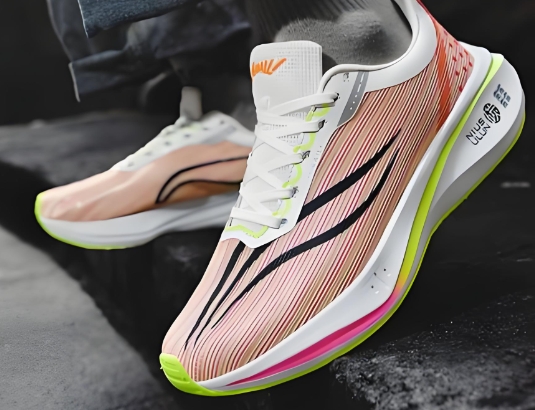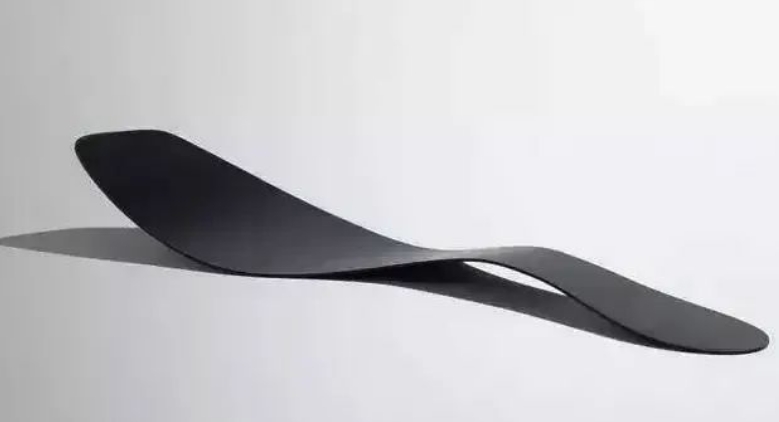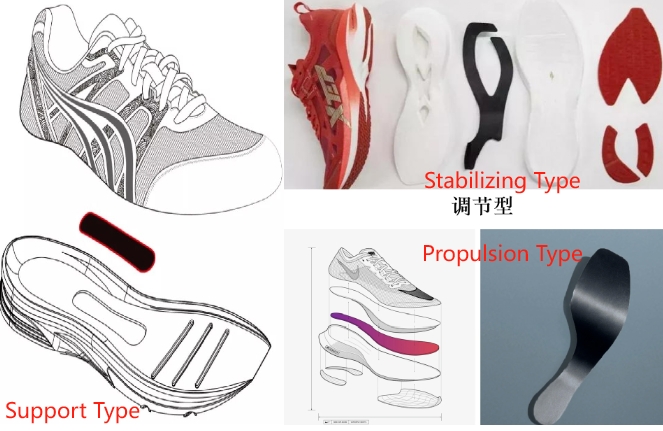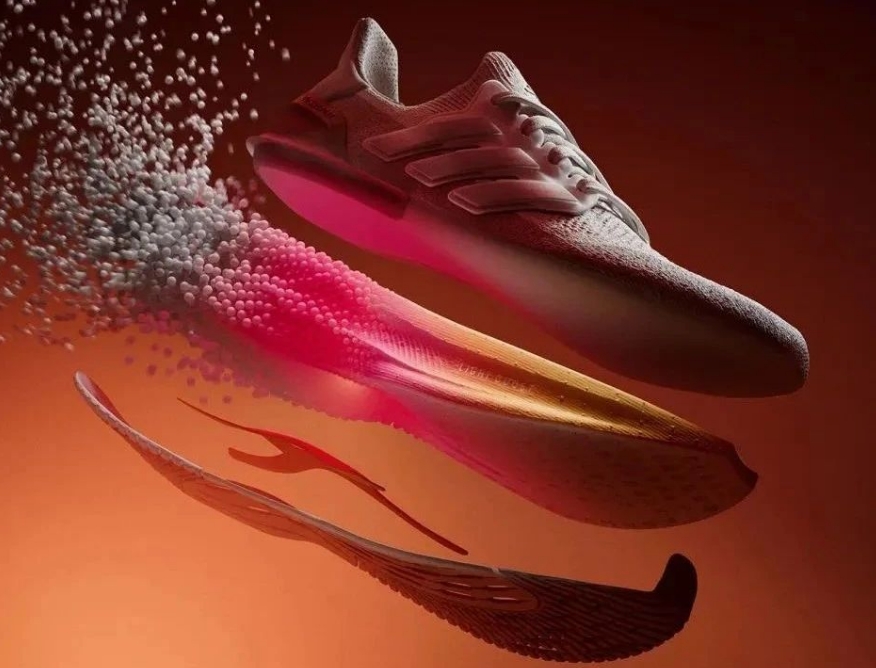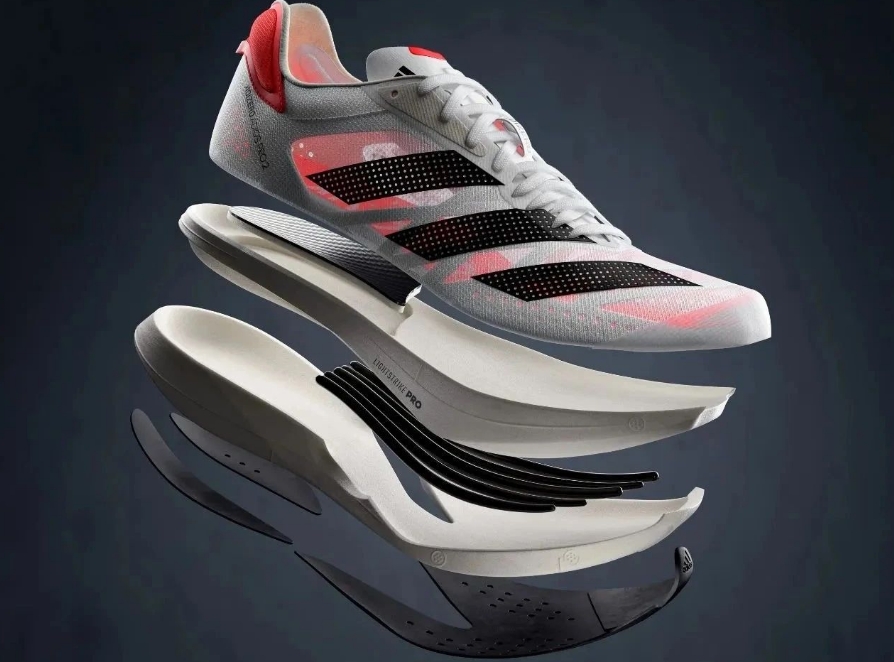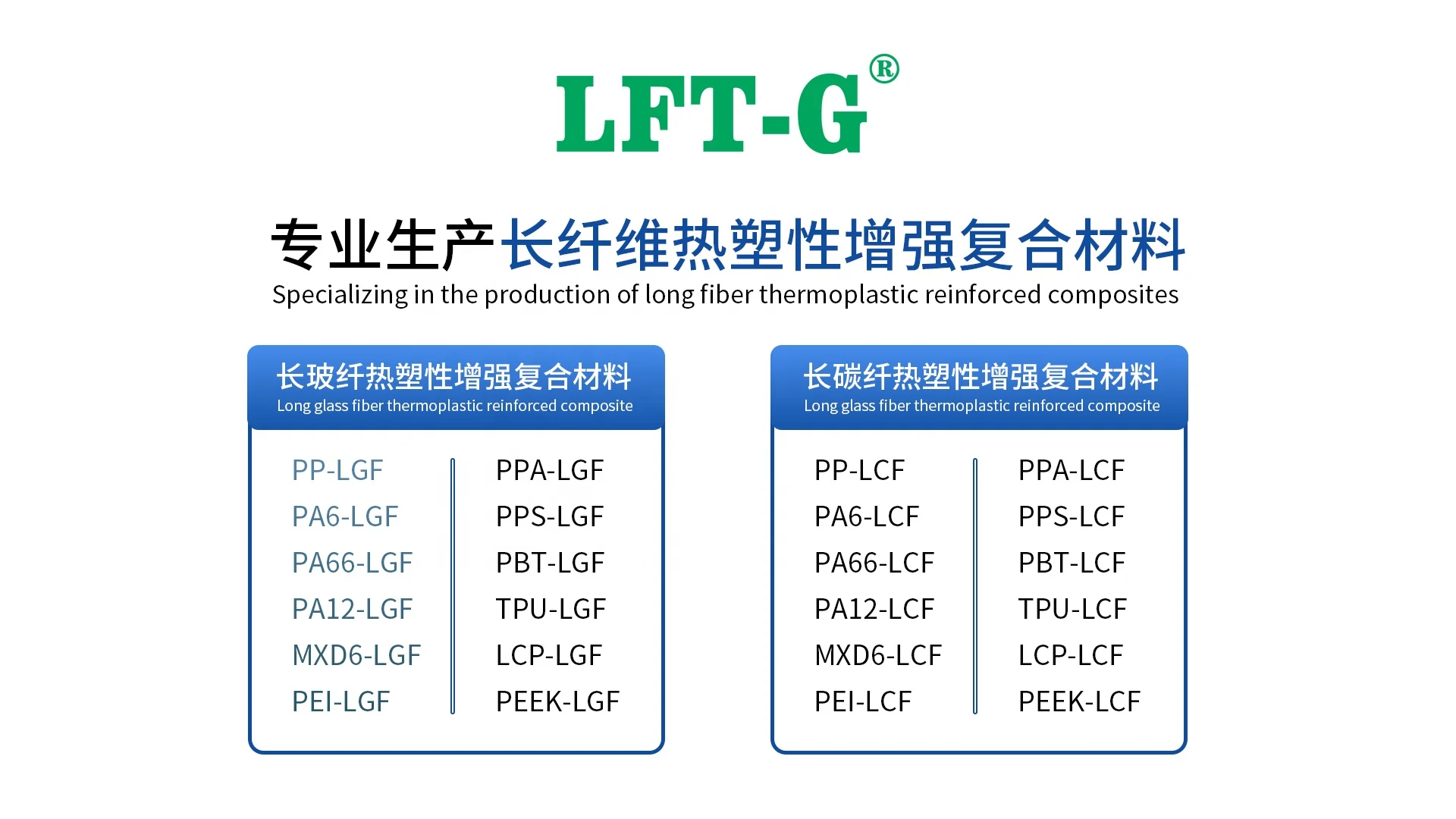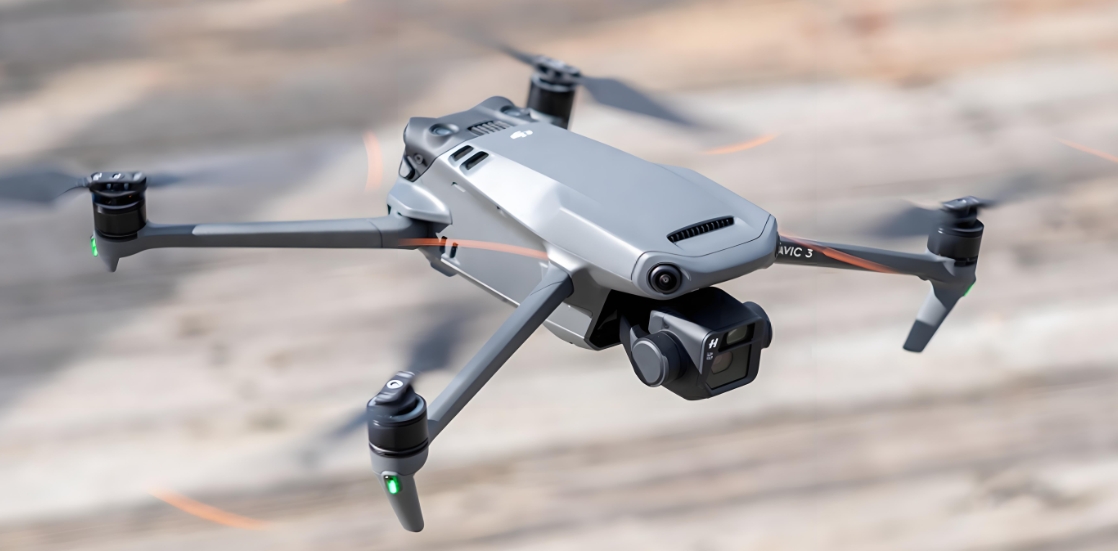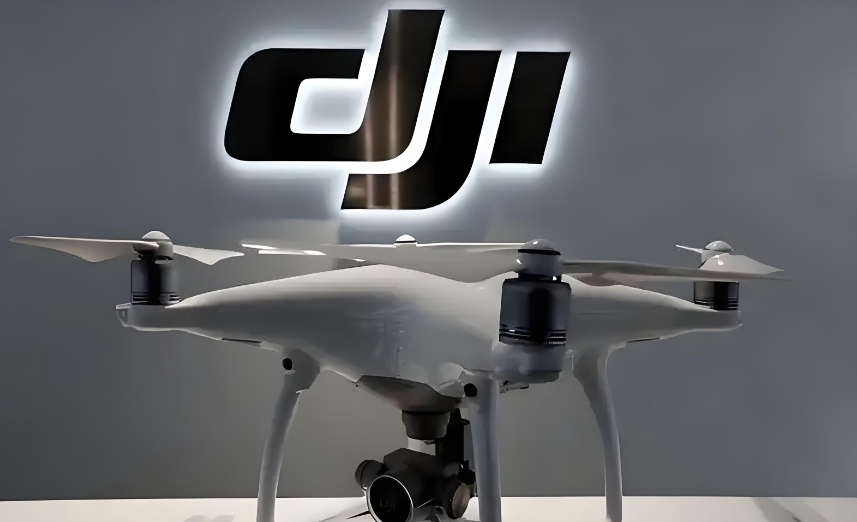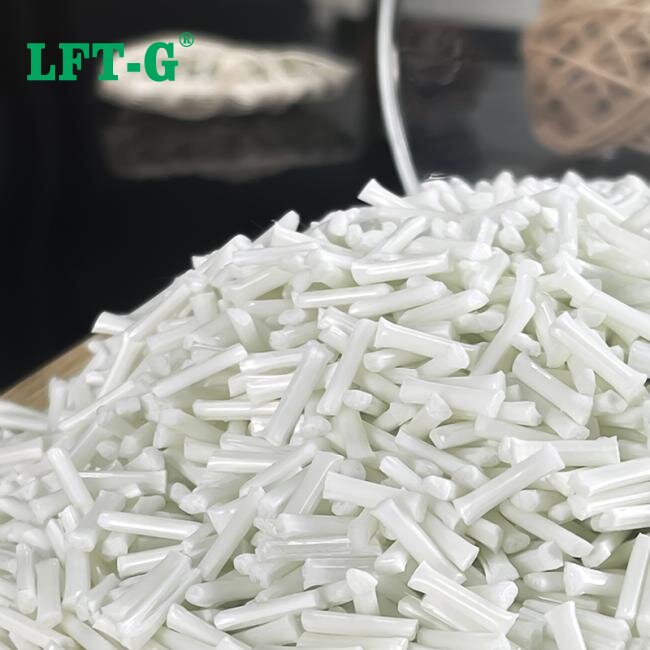
Background
Epoxy resin is a very important thermosetting resin because there are many epoxy groups in pure epoxy resin. Therefore, the chemical cross-linking density of the cured structure is high, the molecular chain flexibility is low, and the internal stress is large, resulting in the epoxy cured material being more brittle and having poor impact resistance and fatigue resistance durability.So the application and development of epoxy resin in high-tech fields with durability and reliability requirements are limited. Therefore, it is necessary to toughen and modify epoxy resin while maintaining its excellent properties.
Toughening modification methods
1. Rubber elastomer toughened epoxy resin
Rubber elastomers are the earliest and most widely used tougheners. Rubber elastomers used for toughening epoxy resins are usually reactive liquid polymers (RLP), that is, the end or side groups have active functional groups (such as -COOH, -OH, -NH2, etc.), which can chemically react with epoxy groups. Factors that determine the toughening effect of rubber elastomer:a.The solubility of rubber molecules in uncured EP. b. Whether rubber molecules can precipitate during the curing process of epoxy gel and be evenly dispersed in the ring with appropriate particle size and ideal form. in oxygen resin.
Currently commonly used RLP rubbers and elastomers include amine-terminated nitrile rubber (ATBN), epoxy-terminated nitrile rubber (ETBN), hydroxyl-terminated nitrile rubber (HTBN), carboxyl-terminated nitrile rubber (CTBN), polyester Sulfur rubber (PSR), PUR and silicone rubber (SR), etc. Among them, CTBN contains very polar nitrile groups (-CN) and has good molecular flexibility. Its toughened EP system forms a "sea-island" microscopic phase separation structure that helps improve the toughness of composite materials.
2. Core-shell polymer toughened epoxy resin
Core/shell structure polymer (CSP) toughened epoxy resin technology is used. CSP particles are enriched with different material components inside and outside, resulting in their core and shell having different functions. Compared with the traditional EP/RLP system, due to the good flocculation of the CSP shell, it is incompatible with EP after blending and can form a complete "sea-island" phase separation structure after solidification. By controlling the core-shell material components and particle size, which can significantly improve the toughness of EP.
3. Thermoplastic resin toughened epoxy resin
Due to the low molecular weight of rubber elastomers, their introduction into EP will reduce the strength, modulus and heat resistance of the cured product. In order to solve these problems, researchers have developed high toughness, high strength and high heat resistance properties. The TP toughening EP approach can significantly improve EP toughness. The commonly used TPs include polysulfone (PSF), polyethersulfone (PES), polyetherketone (PEK), polyetheretherketone (PEEK), polyetherimide (PEI), polyphenylene ether (PPO), etc.
4. Thermotropic liquid crystal polymer (TLCP) toughened epoxy resin
Thermotropic liquid crystal polymer (TLCP) is a type of TP with special properties. Its molecular structure contains a certain amount of flexible segments and a large number of mesogenic rigid units (methylstyrenes, esters, biphenyl, etc.), which exhibits high strength and high Excellent mechanical properties such as modulus and self-reinforcement as well as better heat resistance. Liquid crystal epoxy resin (LCEP) has the advantages of both EP and liquid crystal, and has good compatibility with EP and can be used to toughen epoxy resin.
5. Polymer interpenetrating network structure (IPN) toughened epoxy resin
IPN not only improves the impact strength and toughness of composites, but also maintains or even improves their tensile strength and heat resistance. This is because unlike mechanical blends, the polymer component materials in IPN are entangled and penetrated at the molecular segment level, thus showing "forced inclusion" and "synergistic effects"
6. Hyperbranched polymer (HBP) toughened epoxy resin
The mechanism of HBP tougheningepoxy resin is to assemble functional groups in the outer layer of HBP molecules, which reduces the degree of molecular chain entanglement in the system and reduces the crystallinity, thereby regulating the phase structure of EP and improving the toughness of the resin system.
Some scholars have synthesized hyperbranched polyurethane (HBPu) using a quasi-one-step method, and then used it to toughen acid anhydride-cured bisphenol A-type glycidyl ether (DGEBA). Research shows that after the introduction of HBPu, the resin viscosity of the uncured EP system is significantly reduced; the impact properties of cured EP are significantly improved.
7. Nanoparticle toughened epoxy resin
Nanoparticles have become one of the hot topics in recent materials research due to their synergistic effect on both strengthening and toughening of polymers, which is attributed to properties such as nanoparticle surface effects and quantum size effects. Among them, inorganic fillers are widely used because of their low cost, low thermal expansion and shrinkage, and high elastic modulus and impact toughness of the composite materials produced. For example: Nano-zirconia (ZrO2), etc.
Carbon nanomaterials, including CNT and graphene (GE), have a higher surface area to volume ratio due to their unique one- and two-dimensional structures, making them more conducive to improving the mechanics, electricity, thermal and barrier properties of the polymer matrix. Properties are currently a hot research topic in material modification. Due to the low surface activation energy of carbon nanomaterials, their compatibility with EP is not ideal, so researchers modified the carbon nanomaterials for use.
Organic nanoelastomers, such as carboxyl nitrile elastomers, butylbutylene elastomers, etc., in addition to the characteristics of nanomaterials, also have the toughness of elastomers, and have good compatibility with EP. They are a type of elastomer with broad development prospects material.
8. Ionic liquid toughened epoxy resin
Ionic liquids are molten salts composed of inorganic anions and organic cations. They are liquid at or near room temperature. They are recognized as "green materials" because of their non-volatility. Ionic liquids have "designability" and are used as plasticizers, lubricants, nucleating agents and antistatic agents for polymers.
Some scholars have used butane ionic liquids to dope GE-modified EP composites, and their tensile properties and bending properties have also been significantly improved.
9. Composite toughened epoxy resin
With the development of technology, researchers have realized that using two toughening agents in combination has better application effects than a single toughening agent. EP/(GE/KH–GE)/MWCNTs-OH composites were prepared by adding GE and hydroxylated multi-walled CNTs (MWCNTs-OH) to EP. The results show that GE/KH–GE and MWCNTs-OH have a synergistic toughening effect on EP without affecting the mechanical properties of EP.
10. Flexible segment curing agent toughens epoxy resin
Methods for modifying EP based on physical or chemical principles have shortcomings such as complex and lengthy process routes. By using macromolecular curing agents containing flexible segments, after the EP is cured, the flexible segments are naturally bonded to the resin system. In the three-dimensional cross-linked network, on the one hand, it improves the flexibility of the molecules and promotes plastic deformation of the resin structure. On the other hand, the flexible segments also produce microscopic phase separation structures in the resin system, which can alleviate stress concentration. Therefore, flexible segment curing agents can greatly improve the toughness of EP without increasing process complexity.
Compared with traditional rigid aromatic amine curing agents, after curing EP with aromatic amine curing agents (RAn) containing flexible groups such as ether bonds (—O—) and saturated alkane chains [—(CH2)n—], the resin system has a better The tensile properties and impact properties have been improved to a certain extent.
Outlook
With an in-depth understanding of the toughening mechanism and based on the continuously improved material genome technology, on the basis of traditional toughening and reinforcement, new toughening methods/processes and the development of new multi-functional toughening agents can be further improved. Thermal properties and endowed with properties such as thermal conductivity, electrical conductivity, wave absorption, electromagnetic shielding, damping and shock absorption.
